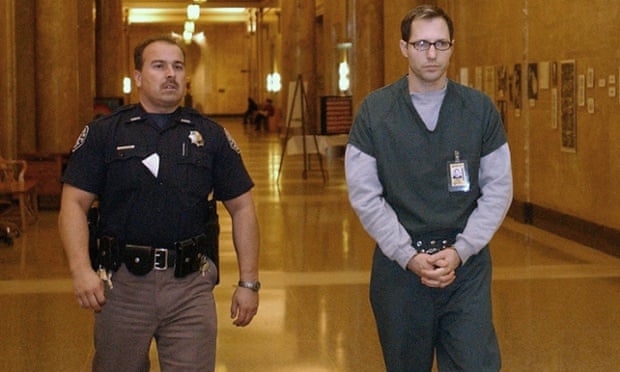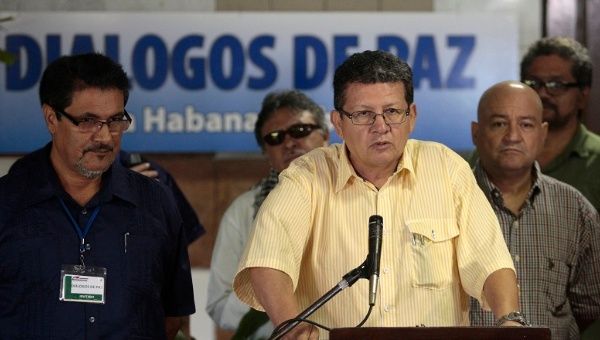By Delisa Morris
Impunity Watch Reporter, South America
CARACAS, Venezuela — Venezuelan President Nicolás Maduro is taking a tour through China and several countries in the Organization of Petroleum Exporting Countries (OPEC) this week to rally financial help for his tumbling economy in the wake of sliding oil prices. Maduro stated that the trip is “very important to take on new projects in the circumstances that our country faces in the depletion of income caused by the drop in oil prices,” in a national broadcast announcing the tour on Sunday. While Maduro did not say which OPEC countries he was visiting on the tour, he did say that he will work with member companies to formulate a strategy to bring the price of oil back up.

One place Maduro is likely to go on his tour is China. China is Venezuela’s top financier, almost 50 billion dollars has been loaned to Caracas from China since 2007. Venezuela supplies more than 500,000 barrels of oil a day to China, about two-thirds of which are repayments under the countries’ oil-for-loans agreement.
Maduro will meet with Chinese President Xi Jinping during his visit and take part in a meeting between China and the Community of Latin American and Caribbean States Jan. 8-9 in Beijing.
The price of Venezuelan oil, which makes up some 95 percent of its export market, has fallen by more than 50 percent in the past six months, dipping to $46.97, at the end of 2014. Venezuela unsuccessfully lobbied for OPEC to cut oil output to temper the price plunge in November. Last week Caracas announced the country had officially entered a recession, with annual inflation at 63 percent.
The falling oil prices were not the beginning of Venezuela’s financial woes in 2014. The country’s problems triggered analysts’ predictions of a default on its external debt. This past December, Fitch lowered Venezuela’s credit rating to CCC, and Bloomberg estimated a 97 percent chance of default by the end of the year.
While Maduro has slammed default speculation and blamed foreign media for stoking an “economic war,” he has turned the government’s attention to the faltering economy. Last week he announced Caracas wants to reform currency controls to boost foreign reserves. Meanwhile, Maduro’s popularity is plummeting, sinking to a record 22 percent in December, polling firm Datanalasis reported.
Maduro has also accused the US of flooding the markets with oil as part of an economic war against Russia.
The Venezuelan opposition blames the country’s economic crisis and shortages of many staples, such as corn oil and milk, on the socialist policies of Mr Maduro and his late predecessor, Hugo Chavez.
For more information, please see:
International Business Times – Venezuela’s Maduro Jets to China, OPEC Countries For Help With Cash-Strapped Economy – 5 Jan. 2015
BBC News – Venezuelan Leader Maduro Seeks Economic Help on Tour – 4 Jan. 2015
Bloomberg – Maduro Travels to China for Financing, Oil Nations for Plan – 4 Jan. 2015
Latin American Herald Tribune – Venezuelan President to Visit China and OPEC Nations – 5 Jan. 2015



